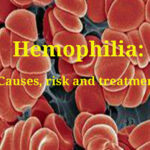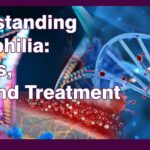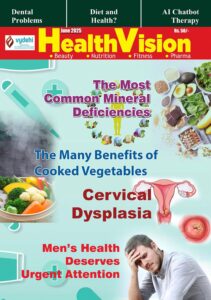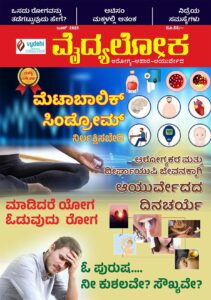Genetic defects or birth defects can range from mild to severe and can cause a single problem or problems in different organs and body systems.


A congenital anomaly or birth defect is an abnormal physical change or health problem present in a baby when he/she is born. Birth defects can range from mild to severe and can cause a single problem or problems in different organs and body systems. While some birth defects are not curable, such as thinking or learning problems, treatment of physical birth defects is possible through surgery.
To be more specific, the genetic defect is a category of disease that includes specific types of chronic diseases, birth defects, sensory deficits, and developmental problems that are inherited from parents.
Types of genetic defects
Birth defects
- Cataracts
- Congenital heart disease
- Cleft palate or lip
- Diaphragmatic hernia
- Contractures
- Genital malformations
- Misshapen skull
- Glaucoma
- Missing toes or fingers
- open spine defects or Spina bifida
- incomplete or missing legs or arms
Chronic diseases
- Childhood cancers
- Bleeding disorders
- urinary tract or Kidney disease
- short stature or slow growth
- Cystic fibrosis
- Thalassemia
- Sickle cell disease
Developmental issues
- Autism
- Developmental delay
- Attention deficit or hyperactivity
- Learning disability
- Failure to thrive
- Low muscle tone
- Loss of developmental skills
- Mental illness
- Speech problems
- Seizures
- Mental retardation
Sensory Deficits
- Too much farsightedness
- Too much nearsightedness
- Retinal or other visual problems
- Hearing loss
Symptoms for some of these defects can be similar to those for conditions that aren’t inherited. Signs of genetic defects can show at birth or during childhood.
What are the indications that your child might have a genetic disorder?
Following is a list of signs that might indicate that your child has a genetic defect. You must however remember that some of these signs are also found commonly in people who don’t have a disorder. If your child has any of the following features, you should consult with your doctor:
- Ear abnormalities
- Different colored eyes
- Unusually shaped eyes
- Facial features being different or unusual from other family members
- Excessive body hair
- sparse or Brittle hair
- White patches of hair
- small or Large tongue
- extra or missing teeth
- Misshapen teeth
- Unusually short or tall stature
- stiff or Loose joints
- Webbed toes or fingers
- Unusual birthmarks
- Excessive skin
- Unusual body odor
- decreased or Increased sweating
What causes genetic defects?
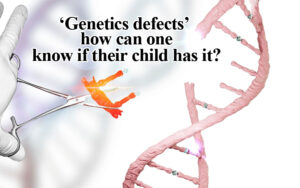

1. When it comes to birth defects, the causes remain unknown in most cases. In other cases, the cause for the defect might be environmental, like that of the baby being exposed to viruses or chemicals in the womb. It can also be a genetic cause or a combination of both.
2. Every body cell has chromosomes that contain genes, which determine the unique characteristics of a person. A child inherits one of each chromosome pair from each parent. Genetic defects occur when a baby is born with a damaged chromosome, or with too many or too few chromosomes. Down Syndrome is an example of a birth defect caused due to chromosome issues.
3. Other genetic defects may occur when one or both parents pass a faulty gene for a disease to the child. Marfan syndrome and achondroplasia are an example of such birth defects. Some boys might inherit disorders specifically from genes of their mothers, which include conditions like color blindness and hemophilia.
How to diagnose genetic defects?
It is possible to diagnose genetic defects even before the birth of a baby through prenatal testing. Genetic defects may also be found during routine screening of newborns. If you have concerns about a particular birth defect, you may want to have your baby tested for it. You should talk to your doctor about any test that your baby should have. It is best to consult with the doctor before the baby is born.


Dr.Prachi Bhosale Narendra
MBBS, DCH & Developmental Paediatrics
Consultant Neonatology and Paediatrics
Apollo Cradle & Children’s Hospital – Bangalore.



